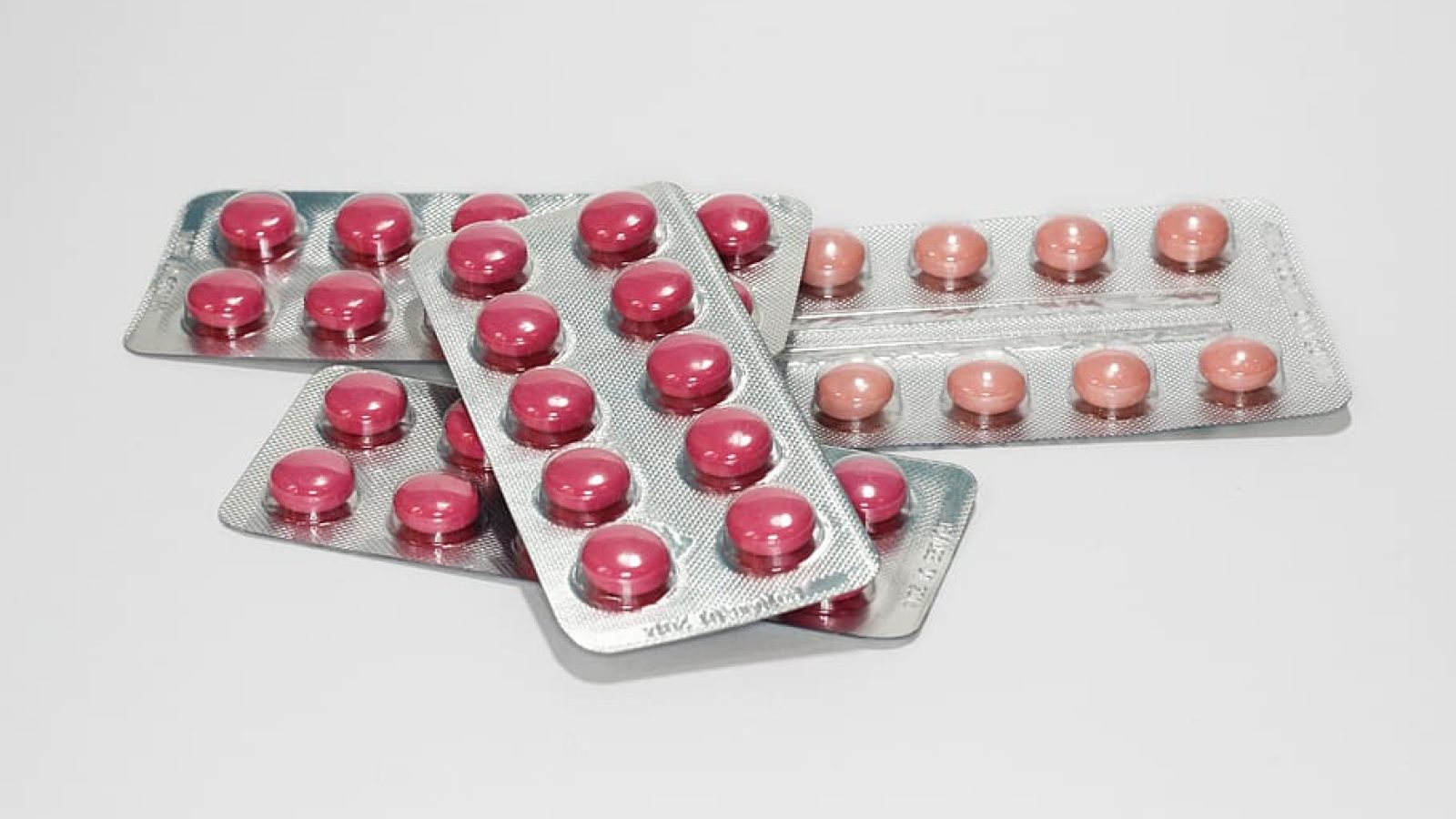The U.S. Food and Drug Administration (FDA) last week approved the first “fecal microbiota product that is taken orally.”
First off, what’s a fecal microbiota product?
The FDA explained:
The human intestinal tract contains millions of microorganisms, often referred to as the “gut flora,” or “gut microbiome.” Many of the microorganisms that live in the gut are also found in stool. Fecal microbiota products are prepared from human fecal matter (stool) donated by healthy individuals and are administered to another individual. The administration of fecal microbiota products is thought to facilitate restoration of the gut flora.
Vowst, the orally-administered fecal microbiota product, received the FDA’s approval for the “prevention of recurrence of Clostridioides difficile (C. difficile) infection (CDI) in individuals 18 years of age and older, following antibacterial treatment for recurrent CDI.”
🚨The FDA has approved Vowst, the first orally administered fecal microbiota product for the prevention of recurrence of Clostridioides difficile infection 🦠 #MedTwitter #GITwitter #IDTwitter #Cdiff #microbiome https://t.co/biYydzYF7w
— John Damianos, M.D. (@john_damianosMD) April 26, 2023
FDA approves Seres Therapeutics' pill for deadly C. difficile infections
Vowst consists of a certain kind of bacteria made by purifying fecal matter derived from healthy people, while fecal transplants are donated by healthy volunteers & are not purified https://t.co/5EOCL8rvxD
— C. Michael Gibson MD (@CMichaelGibson) April 27, 2023
From the FDA press release:
“Today’s approval provides patients and healthcare providers a new way to help prevent recurrent C. difficile infection,” said Peter Marks, M.D., Ph.D., director of the FDA’s Center for Biologics Evaluation and Research. “The availability of a fecal microbiota product that can be taken orally is a significant step forward in advancing patient care and accessibility for individuals who have experienced this disease that can be potentially life-threatening.”
CDI, caused by the bacterium C. difficile, is one of the most common healthcare-associated infections in the United States and is associated with 15,000 to 30,000 deaths annually. The human intestinal tract contains millions of microorganisms, often referred to as the “gut flora,” or “gut microbiome.” Certain situations, such as taking antibiotics to treat an infection, may change the balance of microorganisms in the gut, allowing C. difficile to multiply and release toxins causing diarrhea, abdominal pain and fever, and in some cases, organ failure and death. Other risk factors that can increase the risk of CDI include age over 65 years, hospitalization, nursing home residency, a weakened immune system and/or a previous history of CDI. After recovering from CDI, individuals may get the infection again—often multiple times—a condition known as recurrent CDI. The risk of additional recurrences increases with each infection and treatment options for recurrent CDI are limited. The administration of fecal microbiota is thought to facilitate restoration of the gut flora to prevent further episodes of CDI.
The dosing regimen of Vowst is four capsules taken once a day, orally, for three consecutive days. Vowst contains live bacteria and is manufactured from human fecal matter that has been donated by qualified individuals. Although the donors and donated stool are tested for a panel of transmissible pathogens, Vowst may carry a risk of transmitting infectious agents. It is also possible for Vowst to contain food allergens; the potential for Vowst to cause adverse reactions due to food allergens is unknown.
The safety of Vowst was evaluated in a randomized, double-blind, placebo-controlled, clinical study and an open-label clinical study conducted in the U.S. and Canada. The participants had recurrent CDI, were 48 to 96 hours post-antibacterial treatment and their symptoms were controlled. Across both studies, 346 individuals 18 years of age and older with recurrent CDI received all scheduled doses of Vowst. In an analysis among 90 Vowst recipients, when compared to 92 placebo recipients, the most commonly reported side effects by Vowst recipients, which occurred at a greater frequency than reported by placebo recipients, were abdominal bloating, fatigue, constipation, chills and diarrhea.
The effectiveness of Vowst was evaluated in the randomized, placebo-controlled clinical study in which 89 participants received Vowst and 93 participants received placebo. Through 8 weeks after treatment, CDI recurrence in Vowst-treated participants was lower compared to placebo-treated participants (12.4% compared to 39.8%).
The application was granted Priority Review, Breakthrough Therapy and Orphan designations.
The FDA granted approval of Vowst to Seres Therapeutics Inc.



Join the conversation!
Please share your thoughts about this article below. We value your opinions, and would love to see you add to the discussion!